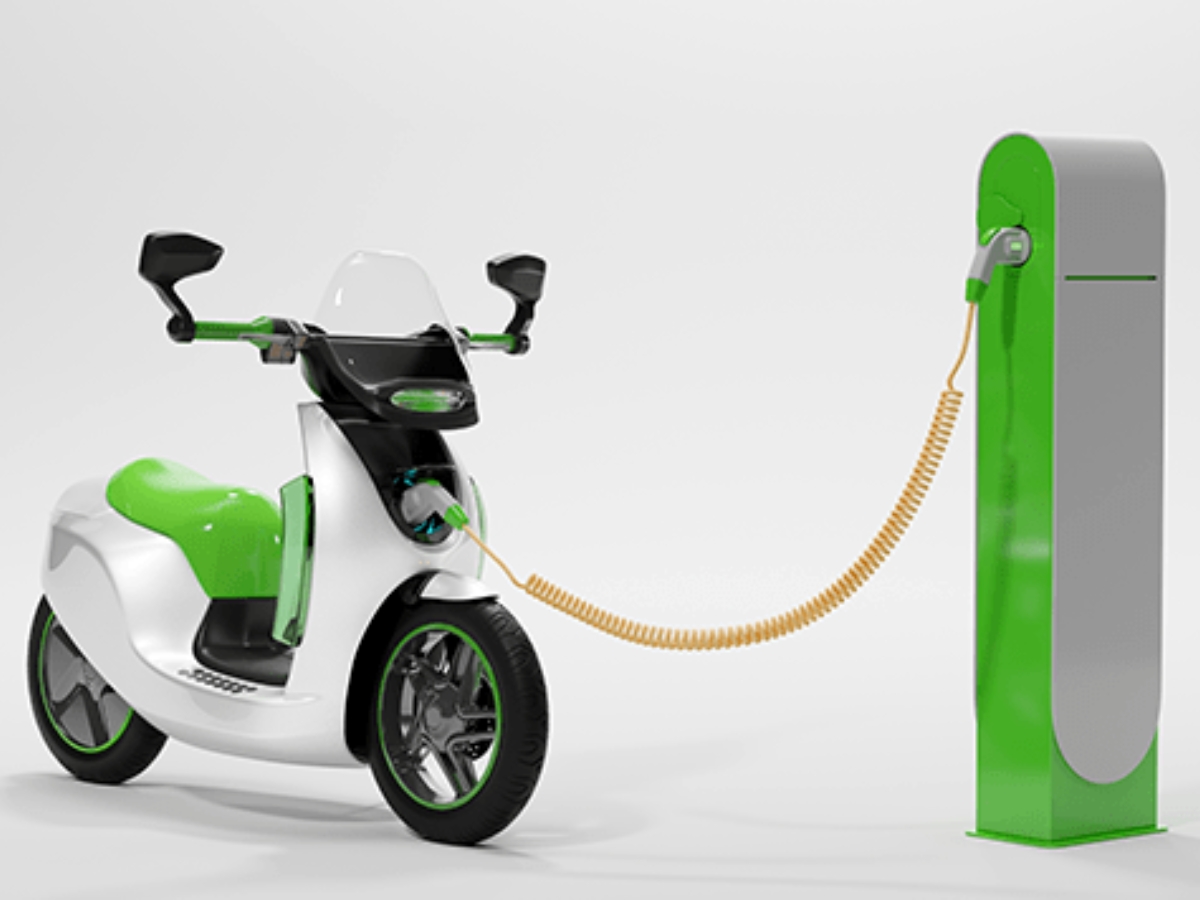What is Electric Bike Insurance & How It Differ from Regular Bike Insurance
Jun 18, 2025
PNN
New Delhi [India], June 18: Electric bike insurance is designed with the unique needs of EV riders in mind. Unlike regular two-wheeler insurance, it covers essential parts like the motor and battery, which are costly to repair or replace. It also protects against accidents, theft, and legal liabilities. With easy online purchase options and helpful add-ons like battery protection or roadside assistance, this insurance gives electric bike owners peace of mind and financial safety--so they can enjoy their ride without worrying about unexpected expenses.
Introduction
With the rise of electric vehicles, including e-bikes, the need for specialised insurance has become more apparent. While regular two-wheeler insurance has been around for years, electric bike insurance offers specific coverage designed for the unique features of electric two-wheelers. But how does electric bike insurance differ from traditional bike insurance?
Let's understand what makes them different and why electric bike owners need tailored coverage.
What is Electric Bike Insurance?
Electric bike insurance is designed to cover the unique needs of electric bikes and scooters. It includes the usual two-wheeler insurance coverage, such as protection against third-party liabilities and personal accidents, but also focuses on the electric parts.
This insurance covers important components like the battery, motor, and electronics. It protects you financially if these parts are damaged or stolen, while also ensuring that you meet the legal requirements to ride your electric bike on public roads
How Electric Bike Insurance Differs from Regular Bike Insurance?
While both electric and regular bikes share common risks, such as accidents and theft, there are key differences in what the insurance for each type covers. Let's break down the distinctions:
1. Coverage for Electrical Components
The most significant difference between electric and regular bike insurance is the focus on electrical components. Electric bikes are powered by a battery and motor, which can be costly to repair or replace. Regular bike insurance typically covers only mechanical parts like the engine, fuel system, and transmission. In contrast, electric bike insurance will cover the electric motor, battery pack, and electronic components--parts that are exclusive to EVs.
2. Battery Protection
The battery is one of the most valuable and expensive parts of an electric bike. Some regular bike insurance policies may not cover the battery or motor at all. Electric bike insurance often includes specialised battery protection, which covers repair or replacement costs if the battery is damaged due to an accident, malfunction, or even theft. This is a critical distinction since battery failures can be costly.
3. Specific Coverage for Accidents and Malfunctions
Electric bikes have different risks when compared to traditional bikes. The motor and battery can be damaged in ways that don't apply to regular bikes. For example, a battery may short-circuit in the event of a crash or a power surge, which regular bike insurance typically wouldn't cover. Electric bike insurance policies tend to cover such malfunctions or damage to electrical parts, giving riders more peace of mind.
4. Different Premiums
Electric bikes tend to be more expensive than regular bikes due to the high cost of batteries and motors. As a result, electric bike insurance premiums may be higher, though this varies depending on the model and value of the two-wheeler. However, the premiums also reflect the additional protection provided for the specialised parts.
Types of Coverage Available in Electric Bike Insurance
When purchasing electric bike insurance, riders can select different types of coverage based on their needs. These include:
1. Third-Party Liability Coverage
This is the minimum level of insurance required by law in many countries. It covers injuries caused to other people or damages to their property due to the rider's fault. Whether the bike is electric or traditional, third-party bike insurance is mandatory for all motorised two-wheelers.
2. Comprehensive Coverage
This is a more extensive policy that not only covers third-party liabilities but also protects the rider's bike. A comprehensive electric bike policy will cover accidents, theft, damage to the motor or battery, and other unforeseen circumstances like natural disasters. This type of coverage is highly recommended for electric bike owners to protect against the higher repair and replacement costs of electric components.
Add-ons for Electric Bike Insurance
To further customise the insurance for electric bikes, riders can opt for add-ons. These can enhance the coverage based on specific needs:
1. Battery Protection Add-on: This rider ensures that if the battery is damaged or malfunctioning due to an accident, the repair or replacement costs are covered.
2. Zero Depreciation Cover: As electric bike parts, especially the motor and battery, depreciate over time, a zero depreciation cover can be beneficial. It ensures that the full replacement cost of parts is paid out, regardless of depreciation.
3. Roadside Assistance: This can be particularly useful if the electric bike breaks down on the road. It covers towing costs, emergency repairs, and other essential services to get the bike back in running condition.
Key Factors to Consider When Buying EV Bike Insurance:
When buying an e-bike insurance, consider the following factors:
* Insured Declared Value (IDV): Ensure the IDV covers the full value of your e-bike, as these vehicles are costly.
* Battery & Component Coverage: Confirm the policy includes coverage for expensive parts like the battery and electric motor in case of damage or replacement.
* Personal Accident Cover: Essential for protecting yourself against medical and financial losses if you're injured in an accident.
* Policy Exclusions: Review the exclusions carefully and consider add-ons to customise your coverage, covering things like breakdowns or wear and tear.
Why Electric Bike Insurance is Important?
Electric bike insurance is tailored to meet the unique needs of electric vehicles, offering a range of benefits that ensure your e-bike is well-protected.
1. Comprehensive Protection
Electric bike insurance offers complete coverage for your EV and its essential components like the motor and battery. It safeguards you against theft, damage, and third-party liabilities, ensuring you're financially secure in any unfortunate situation.
2. Cost-Effective Solution
Electric bike insurance is easy to purchase online at competitive rates. Digital platforms eliminate extra fees, offering you the best deal. Plus, discounts throughout the year help reduce your premium costs, making it more affordable.
3. Legal Compliance
By opting for electric bike insurance, you stay compliant with the Motor Vehicles Act 1988, avoiding legal complications and potential fines while riding your eco-friendly bike.
Conclusion
In short, while electric and regular bike insurances have some common ground, the former provides specialised coverage for crucial electric components like the motor and battery. As e-bikes become more popular, having the right bike insurance will ensure a worry-free, eco-friendly ride.
Disclaimer: The above information is for illustrative purposes only. For more details, please refer to the policy wordings and prospectus before concluding the sales.
(ADVERTORIAL DISCLAIMER: The above press release has been provided by PNN. ANI will not be responsible in any way for the content of the same)








